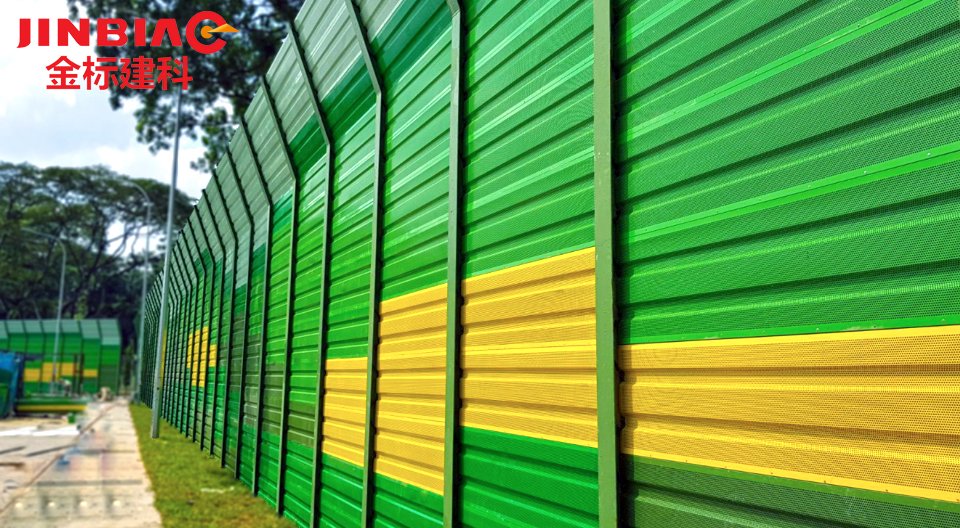Acoustic walls are installations that are used to control the sound quality of a dedicated space. To elaborate, they are designed to either block the direction of sound waves from traveling far distances, or by absorbing sound waves to significantly reduce echo and reverberation.

Acoustic walls and panels were invented to address issues concerning unwanted sound. For instance, the noise from the highway traffic may penetrate into the buildings nearby, and this can be loud and distracting. With acoustic barriers installed, the unwanted traffic noise can be heavily reduced to a minimum.
An acoustic wall has three key features. They have the ability to reflect, absorb, or diffuse sound. Some of these barriers only have one key feature in their design, while others have all three due to their material makeup and structure.
- Absorptive properties – a key feature of acoustic walls is their ability to absorb sound. Sound absorbers reduce the noise levels present in a room by capturing sound energy and prevent it from passing through.
- Diffusion properties – another feature of acoustic panels is diffusion. When designed as diffusers, panels do not absorb the sound waves but instead spread them uniformly within the space without reducing sound energy. For instance, diffusers are used in concert halls because there is a requirement to maintain uniform reverberation.
- Reflection properties – acoustic walls are also designed with reflection properties. They block soundwaves from passing through surfaces by making them bounce back in the dedicated area, or in the immediate environment in which the source of sound is located.
Absorbers and diffusers are often used in the same room together to achieve optimum acoustic quality. Absorbers are also present in locations where reflections occur to reduce the noise interfering with the direct sound.
Diffusers meanwhile bring the room to life by boosting reflections to create a uniform diffuse field. This way, people can listen to different sounds distinctly but at the same time harmoniously, just like in orchestral concerts.
Choosing an acoustic wall or panel
When choosing anacoustic wall for a commercial or industrial property, you may want to look at the following considerations:
- category of the acoustic wall (absorber or diffuser)
- material finish of the product
- durability
- cost
- noise reduction coefficient
The noise reduction coefficient or NRC is an average rating of how much sound the acoustic wall absorbs. It comes with a rating between 0 and 1, 0 being full reflection (no absorptive capacity) and 1 being full absorption.
Types of acoustic walls
Some of the most common types of acoustic walls and panels in the market are:
- Plasterboard acoustic panels – these are panels made of plasterboard and are designed with full depth round perforations. They are used in high traffic area ceilings, theatres, auditoriums, and other interiors with high walls and ceilings.
- Metal acoustic panels – these walls and panels are made of perforated metal skins that are placed in acoustic sound absorbers. These are useful in places where durability and aesthetics are required alongside high-quality noise absorption. These panels are often found in gymnasiums, industrial plants, concert halls and airports, etc.
- Wood wool panels – these are panels made of compacted wood wool, cement, and water. They are ideal for swimming pool ceilings and walls, and are usually available in five different patterns: check, stripes, quilted, lines, and diagonal.
- Aluminium composite panels – these are sandwich panels made from aluminium mesh, acoustic fleece, and aluminium honeycomb backing. The mesh exteriors can be customised to meet the needs of the area where it is to be placed. Since they are large in size, they provide a monolithic impression to the wall or ceiling to which they are installed.
